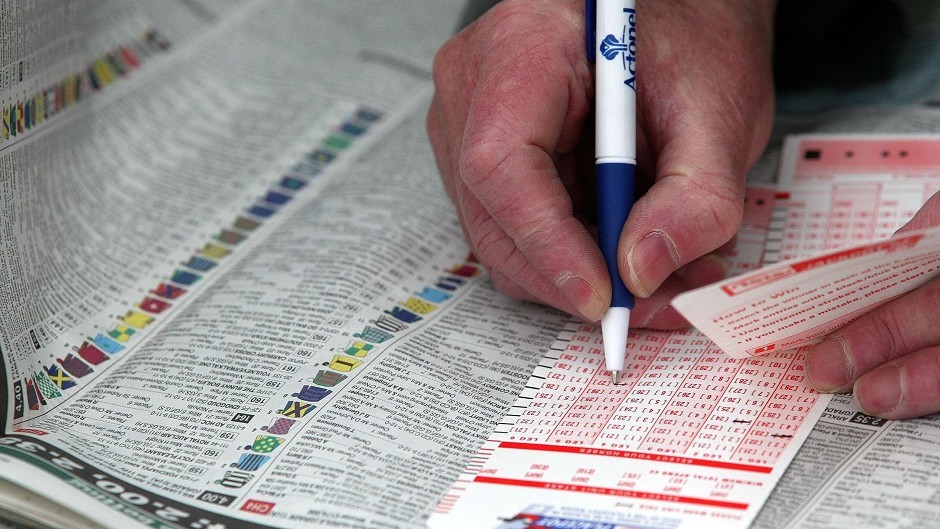North councillors are to seek new powers over the number of fixed odds betting terminals in north betting shops.
Members of the Highland licensing board are also looking for the authority to prevent more betting shops coming into areas on the grounds of over-provision.
Inverness alone has 12 betting shops and one area has three within 200yards of each other.
Fixed odds terminals (FOBT) are gaming machines which accept bets of up to £100 and can pay out a maximum of £500. Under the 2005 Gambling Act the holder of a betting premises license can have up to four FOBTs.
In November the Smith Commision Report included a recommendation that the Scottish Parliament should be given devolved powers to prevent the proliferation of FOBTs.
The UK Government set out the recommendation in the Scotland Bill, but crucially only applied it to applications for new premises licenses and ruled out other gambling spots like casinos.
The Local Government and Regeneration Committee of the Scottish Parliament has now launched a “call for evidence” from licensing boards to assess whether an alternative clause is needed which does not exclude existing premises and encompasses all gambling premises.
In their response, Highland Council welcomed the calls for the retrospective changes to be made and highlighted concerns about the proliferation of betting shops in the north, especially in deprived areas where they are in close proximity.
The board has also asked for an amendment to the Gambling Act 2005 to enable them to refuse a betting premises license if the number of them in one place is already too high, and to allow them to deem that an appropriate number of betting shops in an area can be zero.
Richard Birkett, of Inverness-based addiction charity For the Right Reasons, has been campaigning against FOBTs for some time.
Yesterday he said: “This is excellent news and I know there are some very good people in Inverness who are working very hard on this. God bless Highland Council because they have voted against any new gambling shops here and the spread of these horrible machines.
“Gambling itself is a progressive tax on the poor, a tax on hopefulness. I am concerned with any machines which cause you to lose your welfare cheque and in one hour, you can lose your entire welfare, or a low earner can lose their month’s wage in a day.”
